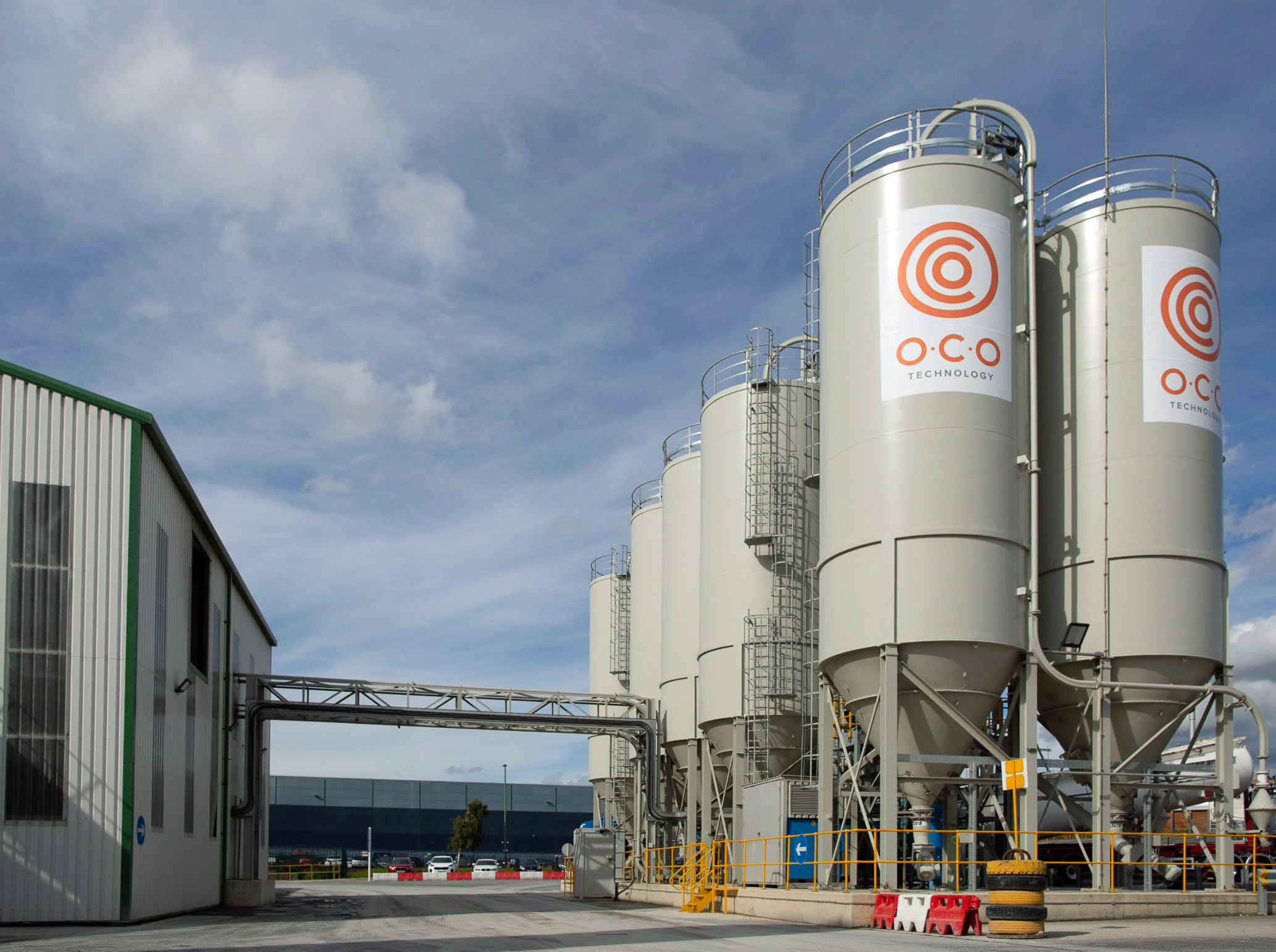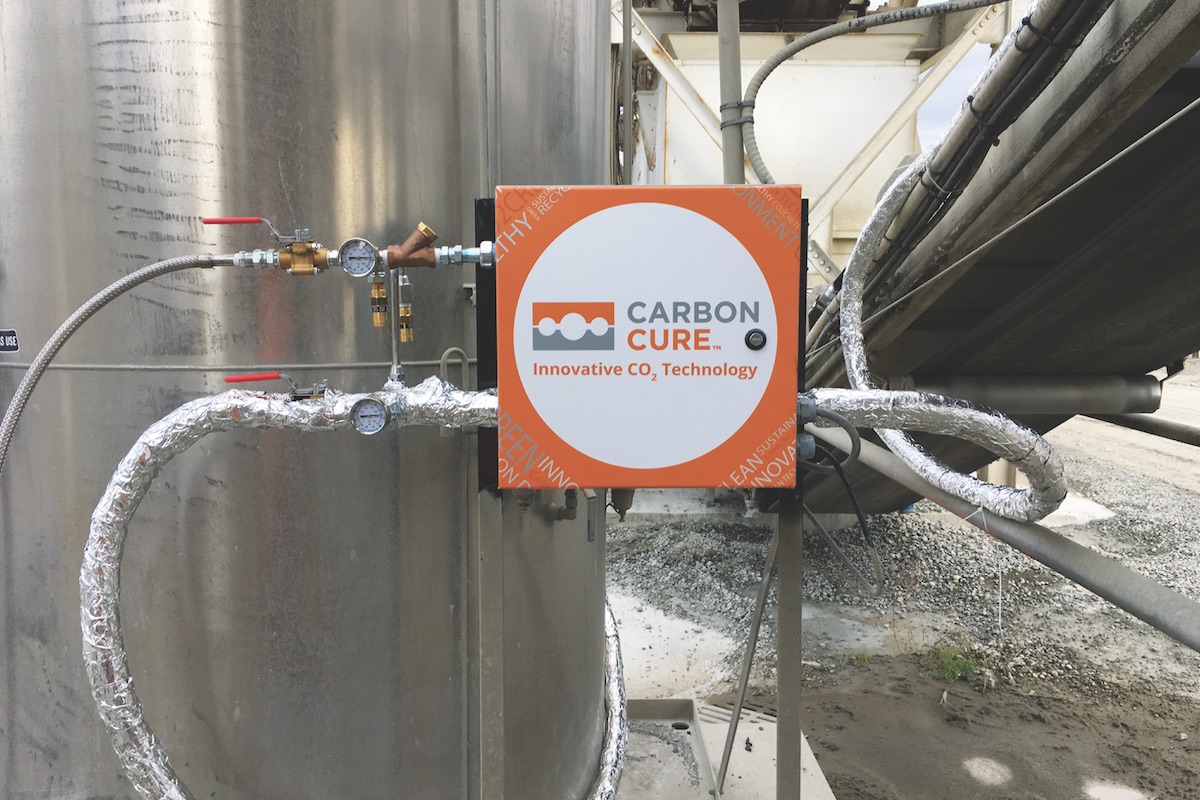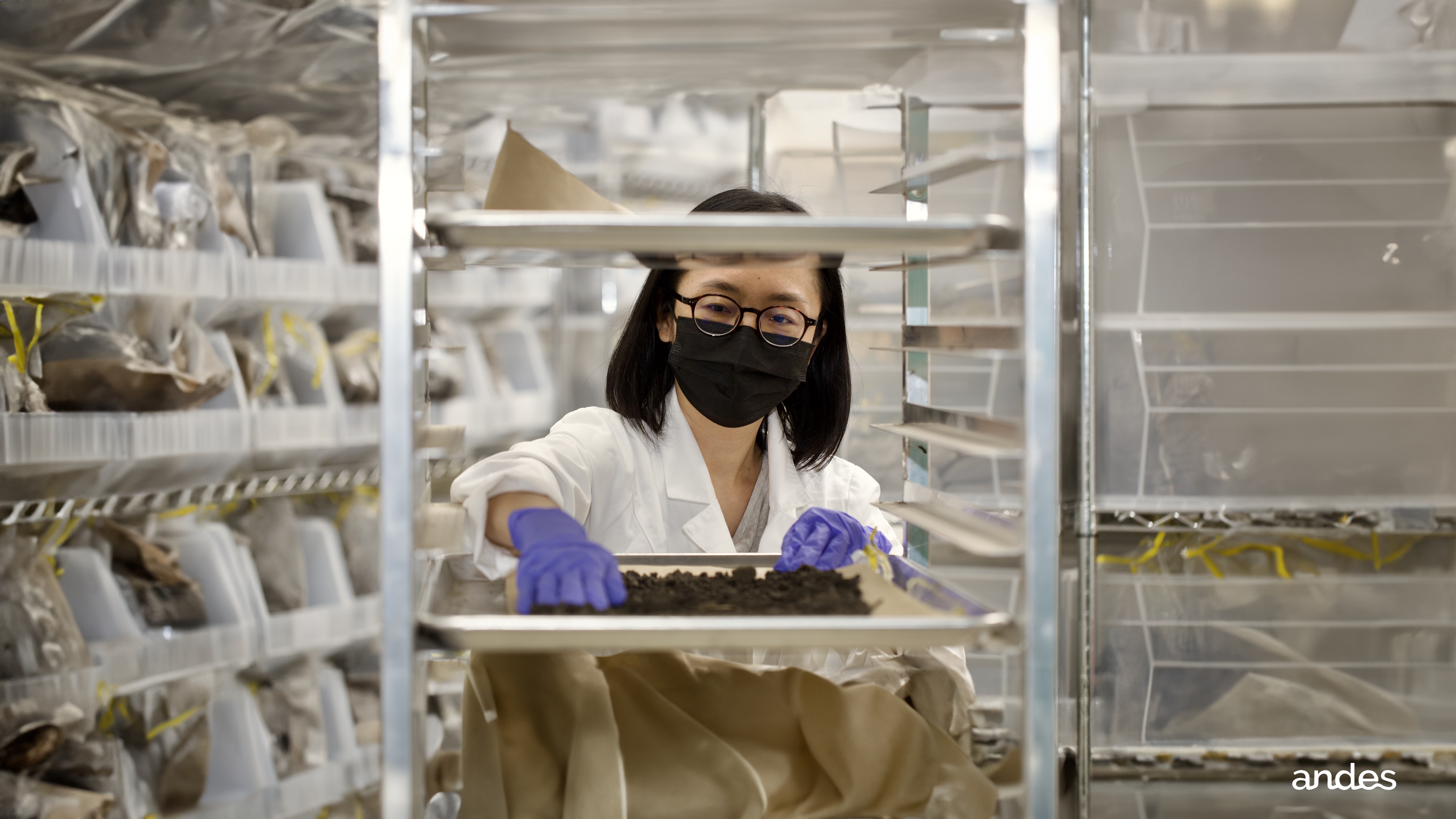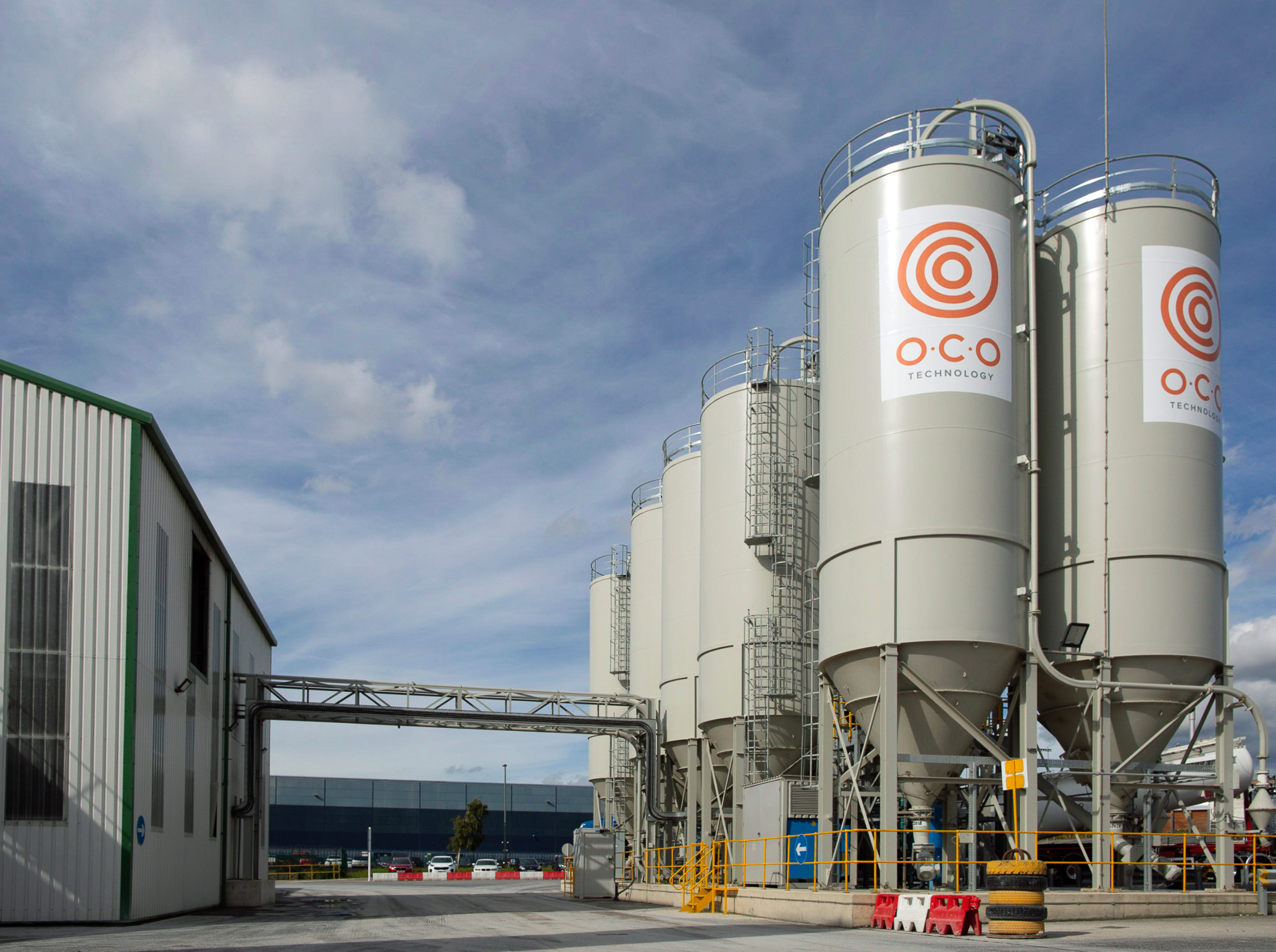Leeds Carbon Mineralization
Carbonated Materials
Mineralization
プロジェクト概要
The Leeds Production Facility project by O.C.O Technology uses Accelerated Carbonation Technology (ACT) to transform waste materials into construction products while permanently sequestering CO₂. The project operates three facilities across the UK, in Avonmouth, Brandon, and Leeds. The facilities treat air pollution control residue (APCr), primarily from waste-to-energy plants. This residue is combined with CO₂ from biogenic sources to create a lightweight carbonated aggregate known as Manufactured LimeStone (M-LS).
The project's core activities center on accelerated carbonation, a process that speeds up the natural reaction between CO₂ and alkaline earth hydroxides and silicates. Whereas natural carbonation can take years or decades, the project completes the process in minutes by exposing reactive waste materials to elevated concentrations of CO₂. The manufacturing process involves several stages: blending thermal residues, conditioning with water, injecting liquid CO₂, combining with fillers and binders, and pelletizing to form rounded aggregate products. CO₂ removal occurs both through direct injection during mixing and through continued absorption from ambient air during the 2–3 week on-site curing period.
The project demonstrates a net-negative carbon footprint, removing 49.04 kg of CO₂ per tonne of aggregate produced. With a fourth facility under development in Wretham and additional plants planned for Australia, Japan, and Spain, the project is well positioned for scaling.
What makes this project unique is its dual environmental benefit: it diverts hazardous waste from landfills while creating a carbon-negative construction material. It transforms what would otherwise be landfilled air pollution control residue into EN13242- and EN13055-certified aggregate suitable for concrete blocks, ready-mix concrete, asphalt, and civil engineering applications. This approach addresses the traditional counterfactual of waste treatment and landfilling while providing a sustainable alternative to quarried aggregates in construction.
The project developer operates under ISO 9001 and ISO 14001 certifications and received the Royal Society for the Prevention of Accidents Gold Award in 2022. The facilities maintain environmental permits with UK compliance ratings and operate as permitted End-of-Waste facilities, providing additional regulatory oversight for the treatment of hazardous materials.




